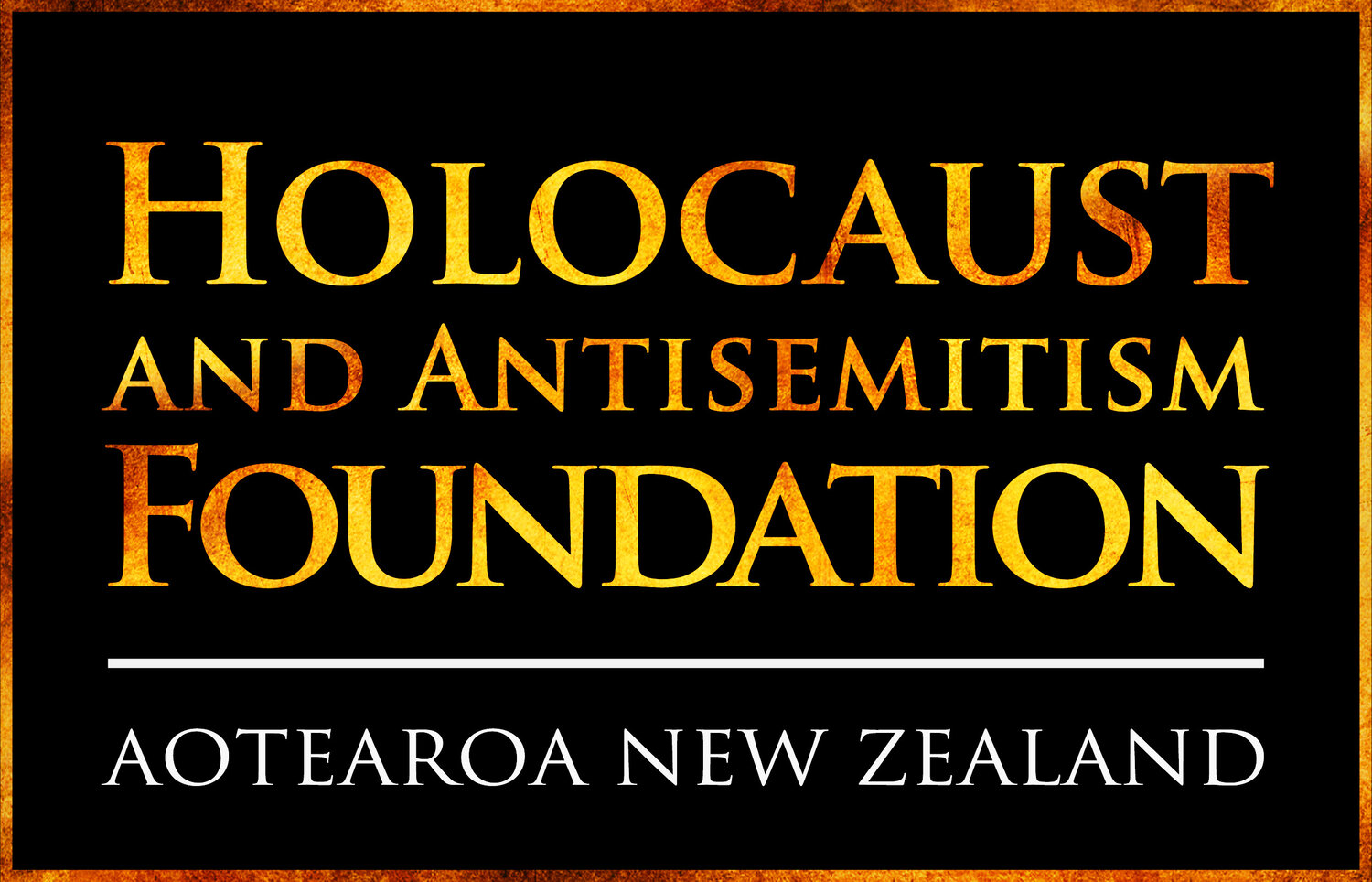An Interview With The Last Nazi Hunter: Part I
Last year we had the opportunity to interview Dr Efraim Zuroff at the historic King David Hotel in Jerusalem. Known as The Last Nazi Hunter, Efraim has spent much of his life tracking down Nazi war criminals and bringing them to trial. I remembered seeing Efraim on a documentary about Nazis who had found their way to New Zealand and his attempts to bring them to justice.
Efraim made the point that New Zealand was the only Anglo-Saxon country, (out of Great Britain, United States, Canada and Australia - South Africa was not open to immigration at that time), that chose not to take legal action after a governmental enquiry into the presence of Nazis in New Zealand.
A 2008 story in the Otago Daily Times addressed the New Zealand government’s decision not to take further action:
New Zealand set up a two-person unit in 1991 to investigate allegations that perpetrators of war crimes settled in this country.
The unit spent $190,000 investigating the claims in New Zealand and overseas, narrowing the suspected list from 46 to 17 known to be alive and living in the country.
The Wiesenthal centre had supplied 42 of the 46 names.
Fifteen were cleared and two were further investigated, with the unit finding it was "possible" one of the suspects was involved in war crimes.
The finding of the unit was presented by the then attorney-general, Mr Paul East.
"We feel we've discharged our obligations to the international community in the steps we've taken and that we will now only respond if we are given something far more substantial than individual names," Mr East said in 1992.
Dr Zuroff said the centre tried to convince successive New Zealand governments to take legal action against suspected Nazis, but to no avail.
"New Zealand was the only Anglo-Saxon democracy which faced this problem and chose to ignore it," he said.
"There was absolutely no political will to take legal action against the Nazi war criminals who emigrated to New Zealand in the late 1940s and early 1950s, posing as refugees fleeing communism."
"By the time that I found these people, many were no longer alive.
But one who was alive and living in Auckland was Jonas Pukas, a Lithuanian who served in the 12th Lithuanian Auxiliary Police Battalion, which murdered tens of thousands of Jews in Lithuania and Belarus," Dr Zuroff said.
Given recent events in New Zealand, not only the massacre of Muslims by a terrorist, but the concerns of university students regarding far-right elements on campus and the casual attitudes of shopkeepers towards Nazi paraphenalia, it is timely to consider New Zealand’s relationship with the far-right.
A number of historical events give cause for concern. The New Zealand government’s reluctance to bring Nazi war criminals to justice was not the first questionable decision over the handling of the Holocaust. Our government was also reluctant to allow many Jewish refugees from the Holocaust to immigrate. In more recent times we’ve seen the University of Canterbury granting academic credentials to a Holocaust denier and TVNZ’s uncritical glorification of a Nazi Waffen-SS soldier.
The government’s poor response regarding Nazi war criminals raises uncomfortable questions.
Why were these Nazi crimes minimised?
How would we feel about Tarrant’s crimes being minimised in his old age?
Why is there a casual attitude toward Nazi symbols and paraphenalia when they are associated with genocide?
Is antisemitism taken seriously in New Zealand and is it opposed with as much passion as other forms of racism and hatred?

